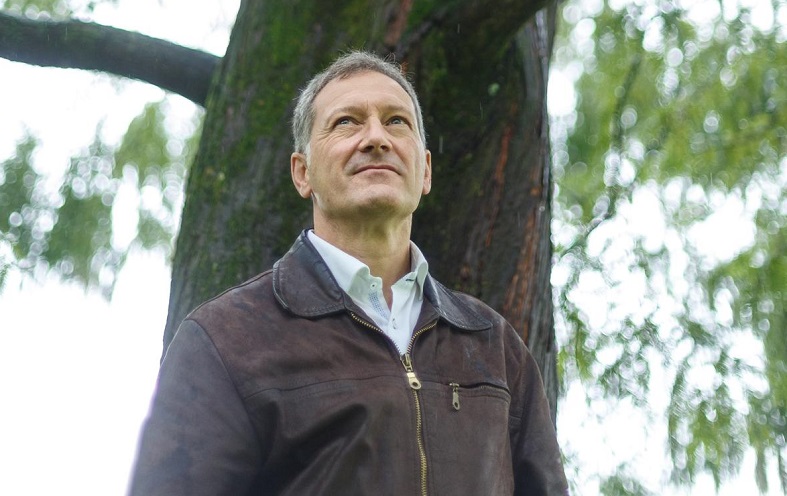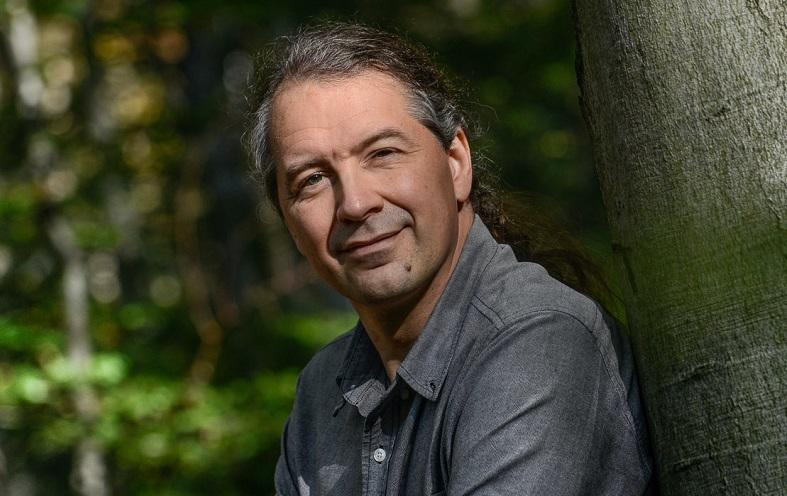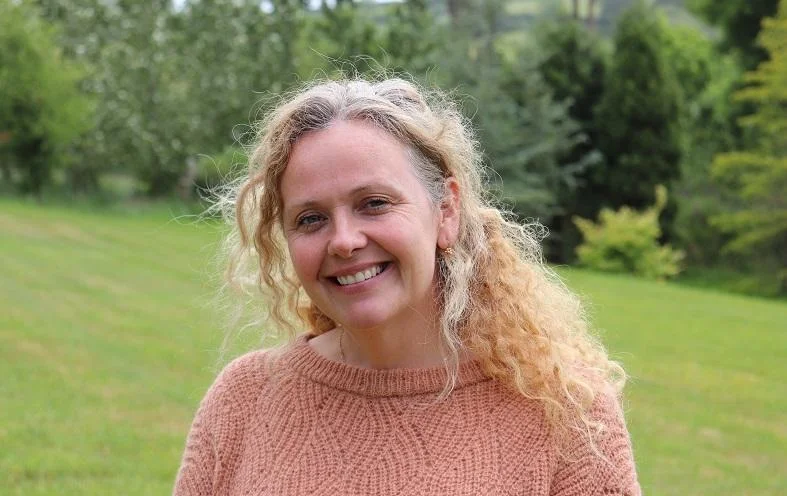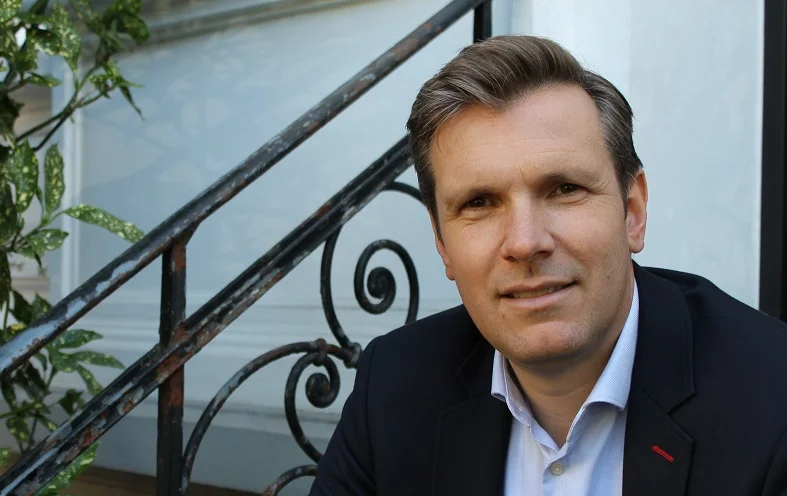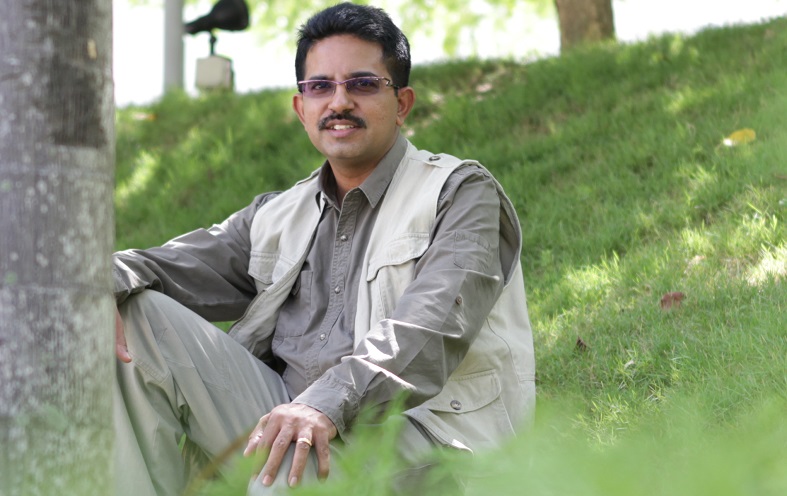
Graham Miller in this interview shares his thoughts on tourism and sustainability. He tells us how a life-changing trip to Malaysia made him focus his career on sustainable tourism, and the key insights he has gained through his impressive career, including his current positions of Executive Dean at the University of Surrey and Co-editor of the Journal of Sustainable Tourism. He also tells us about this year’s Tourism for Tomorrow awards by the World Travel and Tourism Council, of which he is the lead judge.
Learn about:
- Why Graham Miller decided to dedicate his career to tourism and sustainability;
- How his view of sustainable tourism has changed over the years;
- The main challenges of implementing sustainability at destinations;
- How to effectively measure the sustainability performance of destinations;
- His thoughts on the 2017 WTTC Tourism for Tomorrow awards;
- His favourite sustainable tourism success story.
Graham, when did you discover your passion for tourism and sustainability? Do you remember what triggered your interest?
I lived for nearly four years in Japan when the yen was really strong against most of the currencies of the world. I was paid in yen and so it was cheaper for me to travel outside of Japan than it was just to stay in Japan and live a normal life. So, I travelled lots throughout south-east Asia and started thinking about tourism as an industry and what the effect of it was on the places I visited.
The key moment for me was in visiting Langkawi in Malaysia. I travelled and travelled using planes, trains, boats and motorbikes to get to this place that seemed like it was the most remote place in the world. In the early 90s there was really very little development in Langkawi, but as I was leaving there was a sign being put up saying that the European Union was building road infrastructure and a major new resort was ‘coming soon’.
I left Langkawi thinking about what impact this would have on the wonderfully relaxed and undeveloped experience I had just enjoyed. By the end of my four years in Japan, there were daily flights direct from Narita to Langkawi. What had seemed like an incredibly remote and special place had been connected to one of the world’s busiest airports.
As a result, nobody will ever again be able to have the experience of discovery, adventure, and privilege that I had in Langkawi. There are huge implications in all of the above and with no right answer, and this is why I have remained fascinated intellectually, and challenged morally, with the development and sustainability of tourism.
What was your view of sustainability in tourism when you first started your academic career?
When I first came to the topic, the dominant view of sustainability was very much one of keeping places special for the privileged few and then using sustainability as a way to charge more to discerning customers who didn’t want the mass experience where tourism had been destroyed.
I was initially attracted to the idea that the consumer had the power to force change in the industry, but not through the elite consumer, but instead through the mass consumer.
My PhD was on how we could use indicators in order to give consumers the information they would need to demand more sustainable products.
Now in 2017, (how) has this view changed?
I am afraid I have largely given up on the view that the consumer is interested to change sustainability. I don’t see this as being a force for change in any meaningful way. I still see organisations as being the key to driving sustainability, but I am now much more convinced that this can come through shareholder pressure for strong and resilient returns, the need to attract and retain the top employees and corporate reputation, which is linked in many ways with the values of the leaders.
The best examples of sustainability that I see have a leader who ‘gets it’ and drives this through the organisation with sheer force of will and determination.
Not all of these leaders are the person at the top, but in all instances, they are people with considerable talents and strength.
Where do you see the main challenges in terms of implementing sustainability initiatives in tourist destinations?
The increasing drive towards low tax environments means that public authorities have less discretionary income to spend on the public good. Instead, financial imperative dictates that priority is given to organisations that generate jobs and bring inward investment.
People continue to believe promises from politicians that the public realm can be maintained while driving down the taxes they pay, but this is just impossible. What we are seeing now is the political reality meeting the scientific inevitability.
How to effectively measure the sustainability performance of tourist destinations?
We developed the European Tourism Indicator System (ETIS), which is designed to be a way for tourism destinations to begin to assess their sustainability. It assumes no previous knowledge or experience in measuring sustainability. This is a journey and so the system is designed to help destinations with the process of identifying their needs and priorities, how to collect and analyse the data, and then how to report it back.
The challenge with ETIS is that the EU that funded the original work is now not able to continue to support the work, and so destinations are left to work things out for themselves.
I would love to see this initiative get adequate support and not depend on a committed group of people working on it in their own time.
Your thoughts on the current state of sustainable tourism in the UK and Europe?
There are great examples of sustainability everywhere, but my concern is whether there are enough examples of sustainability to keep pace with the general growth of tourism.
In simple terms, are the sustainability examples we see providing a fig leaf of respectability to justify the further development of a still unsustainable industry?
In your experience, what characterizes sustainability leaders in tourism? Which qualities or traits do award-winning professionals and change-makers have in common?
Strength, determination, and flexibility. Trying to change a system when there is huge inertia not to change is very difficult. Different arguments work with different people in different circumstances. Trying to drive change requires a leader to be aware of all the arguments, to be armed with evidence to support all, and be able to keep making these arguments until the opposition gives up!
Your thoughts on this year’s WTTC Tourism for Tomorrow awards – the winners, process, and your role as a lead judge?
We have some wonderful examples of sustainability in this year’s awards. As a judge, I put aside my concerns about whether there are enough examples and just focus on how truly amazing the examples I read about are. The people driving these projects are really inspirational and demonstrate that people can make a difference.
I am really pleased to see an evolution in sustainability from being something driven by passion, to something driven by strategy.
This may sound dull, but it is important because every organisation has a strategy, but not all organisations have people with passion. Making all organisations see the value of sustainability and plan for it with a commitment of resources will make a bigger difference. So, while the committed eco-lodge in country A is impressive, seeing an organisation develop a 20-year plan to protect a community, reforest an area or eliminate hunting is what really makes me more hopeful.
We also see more use of science and data in the awards now. More innovation and a greater variety in business models from charities and social enterprises to pure commercial organisations and government agencies.
In combination with the complete global coverage of the applicants, this demonstrates to me that whatever the problem being faced, wherever you are, whatever scale you are at, and whatever the type of organisation you are – there is a way you can be more sustainable.
Which sustainability verification and accreditation schemes do you consider most useful for destinations?
Whatever works. Destinations are so varied and complex that if destinations use anything that helps them to progress, then that is positive. As I said above, I don’t really believe in the consumer perspective, so I don’t think the accreditation needs to have consumer recognition. I see the advantage of all these schemes in how they help a destination to improve its internal processes.
Your favourite sustainable tourism success story?
The WTTC T4T has some great case studies. My personal favourite is probably Reality Tours and Travel. The founder of the company, Krishna Pujari, is a real hero for me.
As a professor, I educate students and provide research that has a long-term impact, though this is sometimes difficult to measure. As co-editor of the Journal of Sustainable Tourism, my work is helping to put out knowledge that informs academics who teach other students, so my work moves a step even further away from the impact.
Krishna’s work at Reality has an immediate impact every day. If he does his job well, then tourists come to a part of the world that they would never think of coming, and someone in a slum in Delhi eats. That kind of direct and immediate impact has a huge appeal to me and provides a frequent reminder to me to ensure I can always see the route to impact my work.
In his interview with us, Xavier Font differentiated between sustainable and responsible tourism as follows: “Responsibility is the process and attitude, sustainability is the goal. Nobody is sustainable, but I don’t want to do business with someone who is irresponsible.” Do you agree?
Xavier is a great colleague, so I am not going to argue with him! Sustainability has a scientific meaning, so I have always talked about the ‘transition towards sustainability’, recognising that nobody actually achieves sustainability.
However, we can identify components of sustainability and work to achieve those – such as safe water, elimination of poverty, no hunting, etc. I don’t think organisations should be trying to do everything. They need to think about what the key challenges are where they work, and what can they do best to help with these. It may be, that in some places this is just paying their taxes and letting the relevant authorities deal with the situation. If they are not paying enough taxes though, then this is an issue.
My concern with the concept of ‘responsibility’ is that this is too flexible and open to interpretation – hence my preference for thinking about sustainability, albeit recognising this is a journey, not a single destination.
Thank you, Graham.
Connect with Graham Miller on LinkedIn or learn more about his work at the University of Surrey here.
Enjoyed our interview with Graham Miller of the University of Surrey in the United Kingdom? Share and spread the word!


